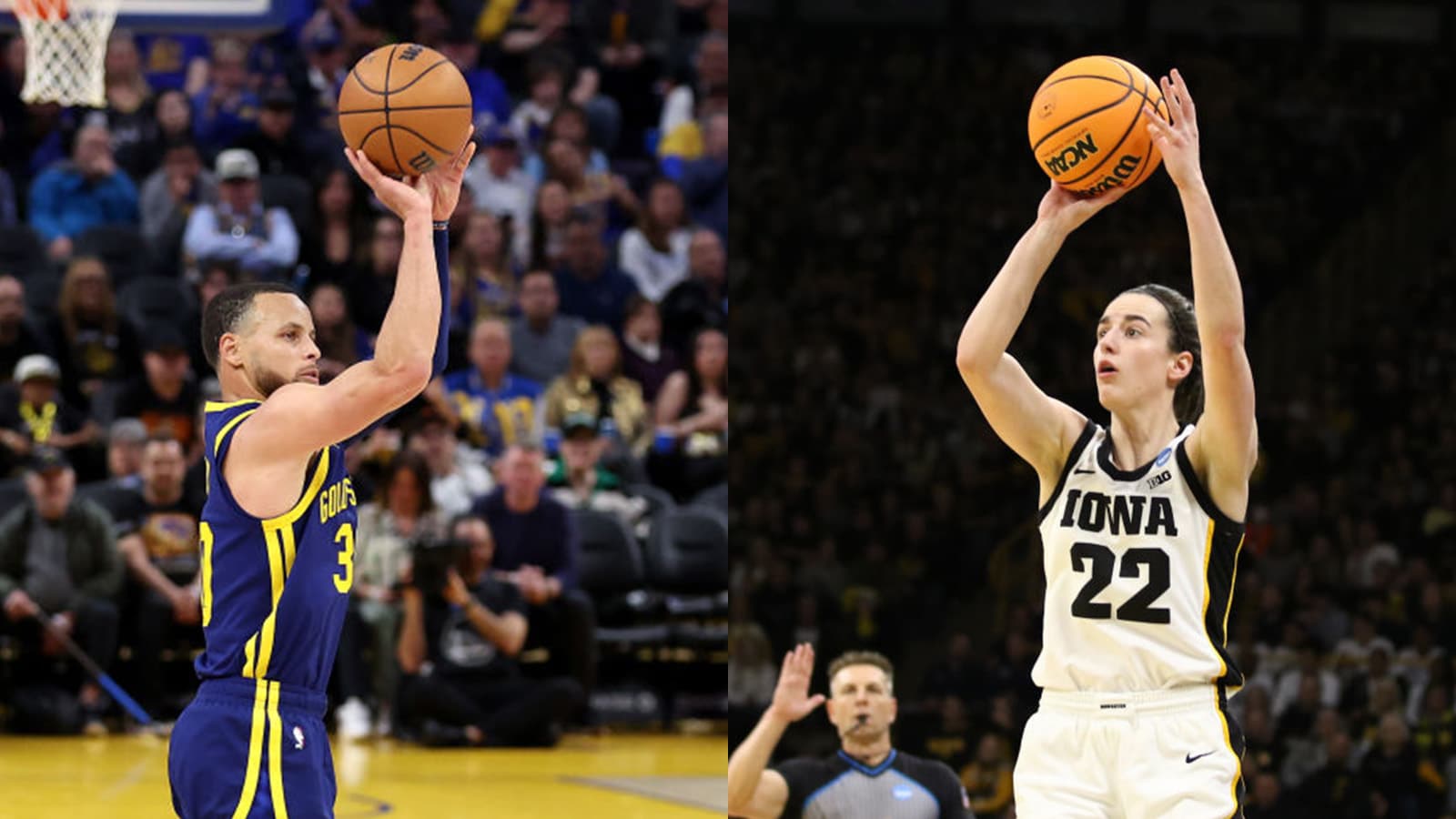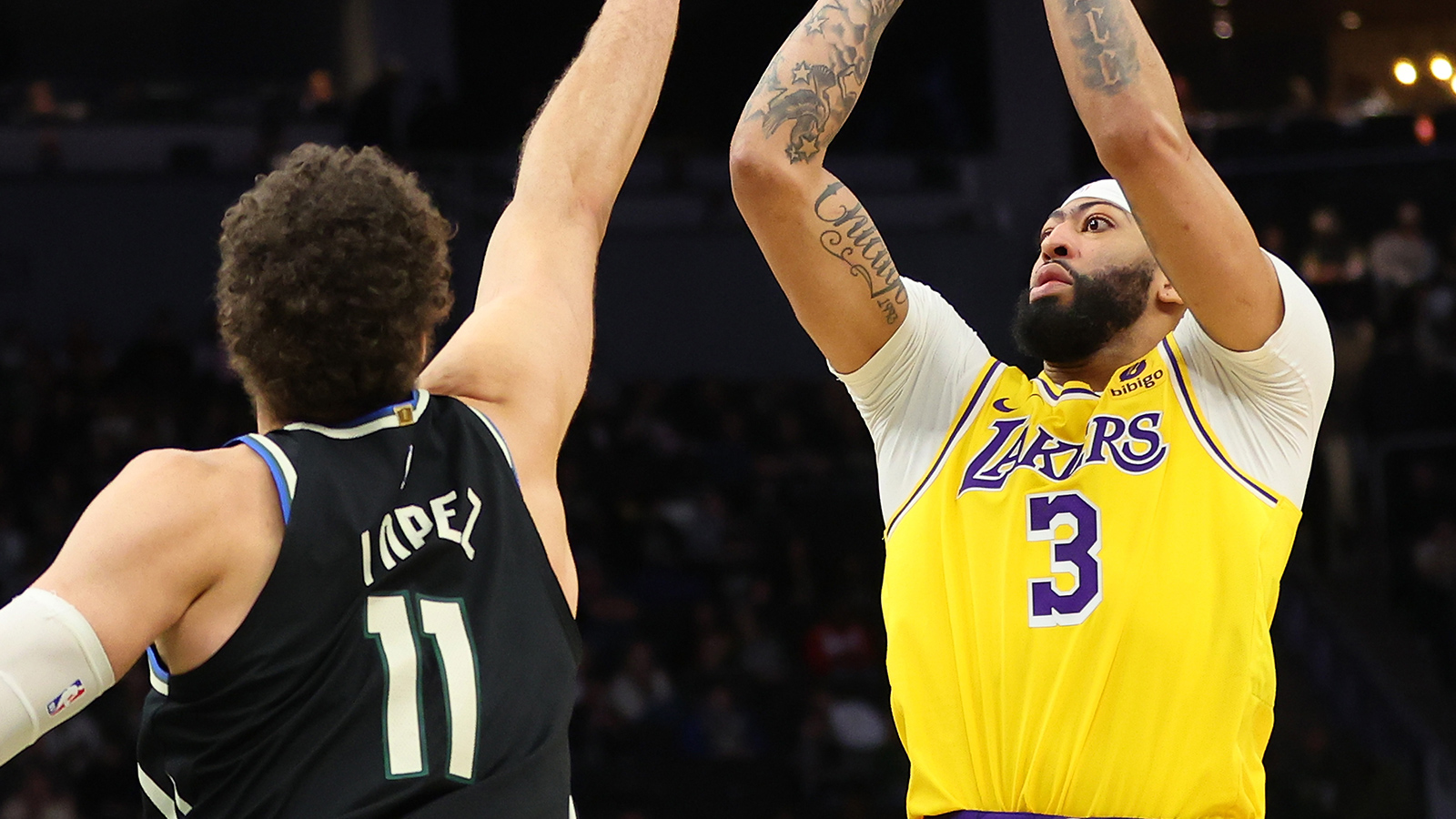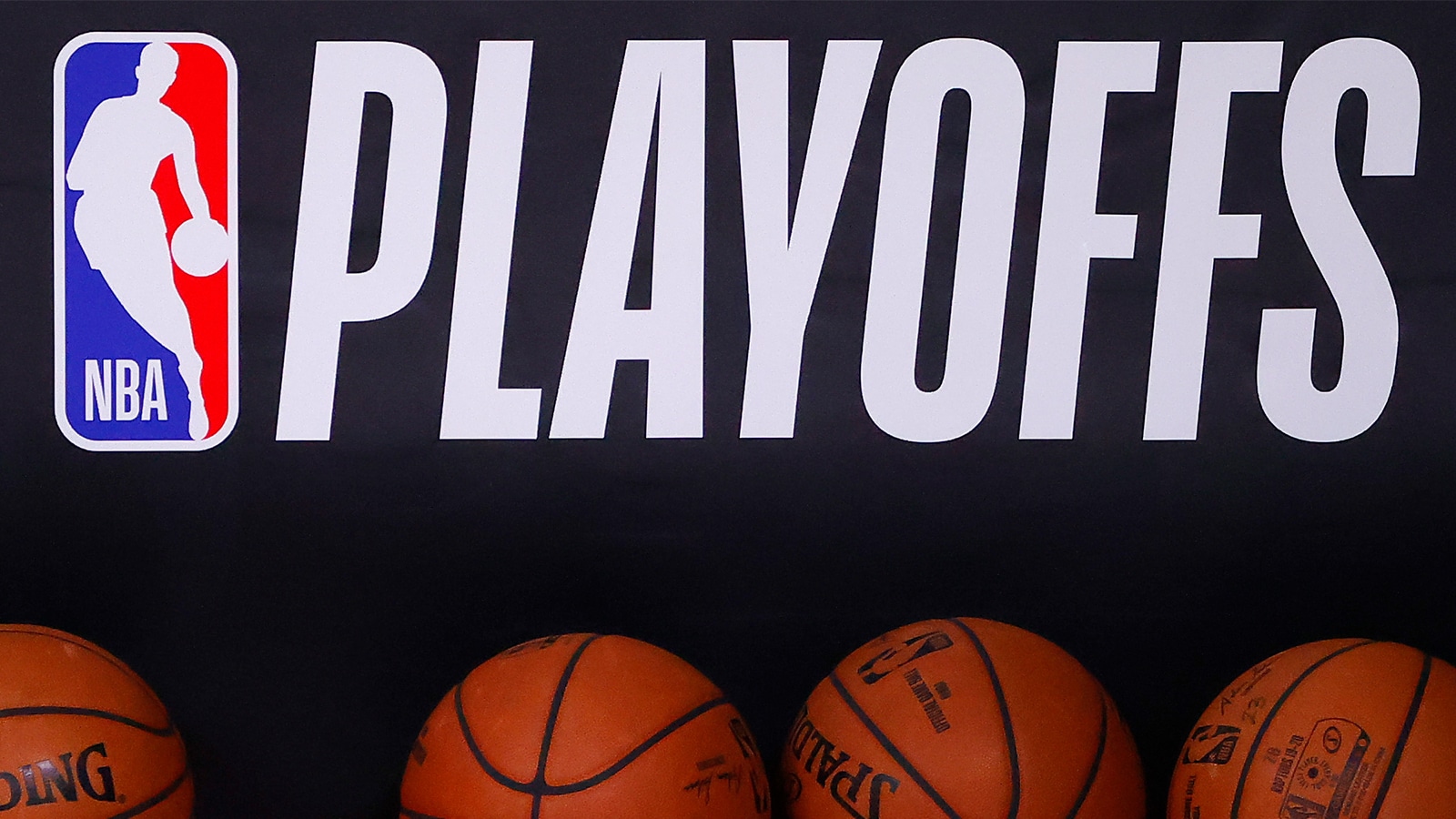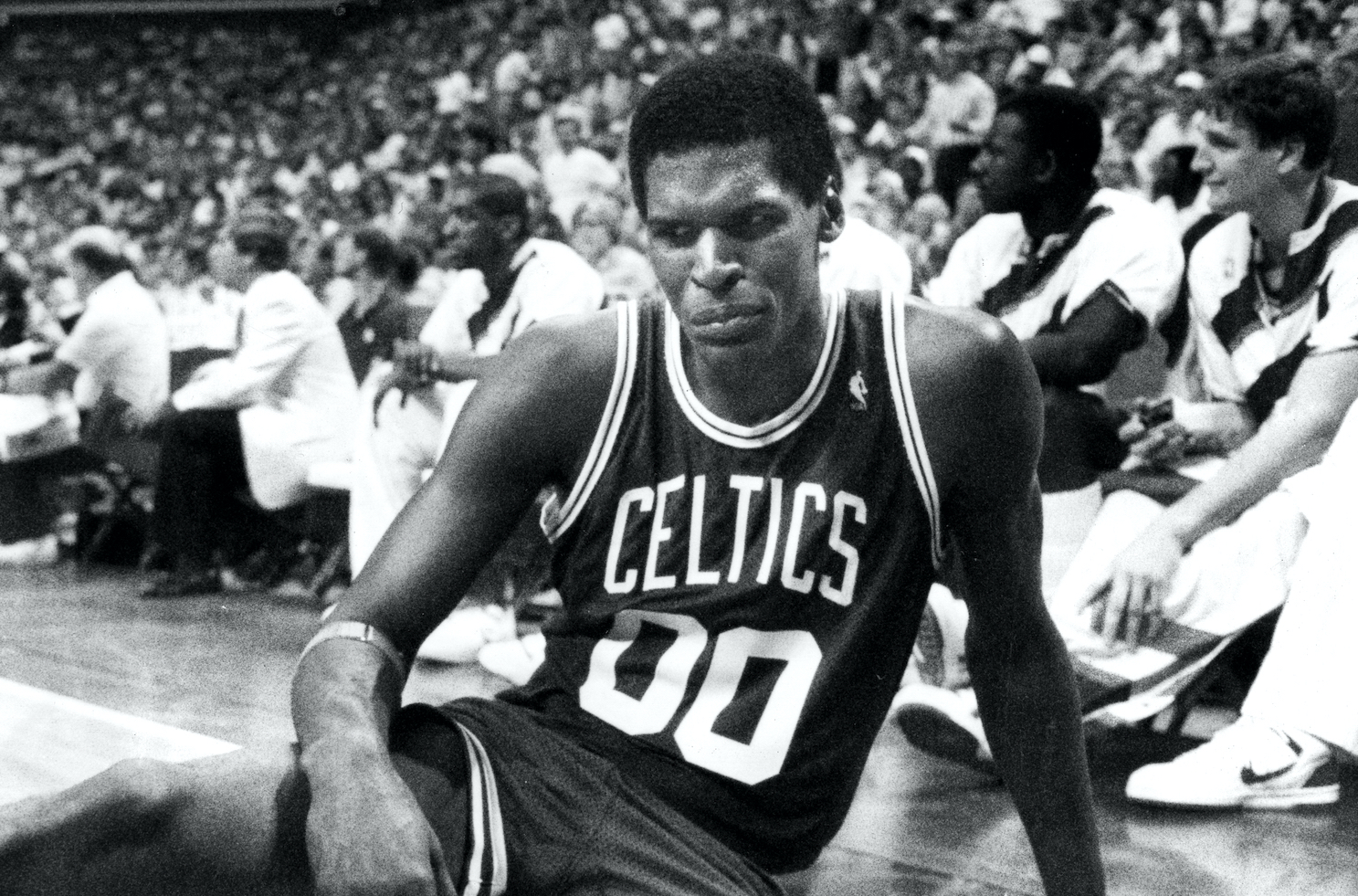
Robert Parish May Be a Hall of Famer, but He Started Wearing Number 00 Because He ‘Was the Worst Player on the Team’
While he might not receive the same hype as his peers, Robert Parish proved to be quite the player during his time in the Association. The big man made a name for himself with the Boston Celtics, winning three championships in Beantown, and ultimately earned a place in the Basketball Hall of Fame. His talent, however, wasn’t always plain to see.
In the NBA, one of Parish’s signatures was the iconic No. 00 on his back. That identifier wasn’t a mere stylistic choice, though. During The Chief’s earliest days on the hardwood, his lack of apparent talent placed him at the back of the line and, in turn, decided his fate.
Robert Parish had a legendary career on the hardwood
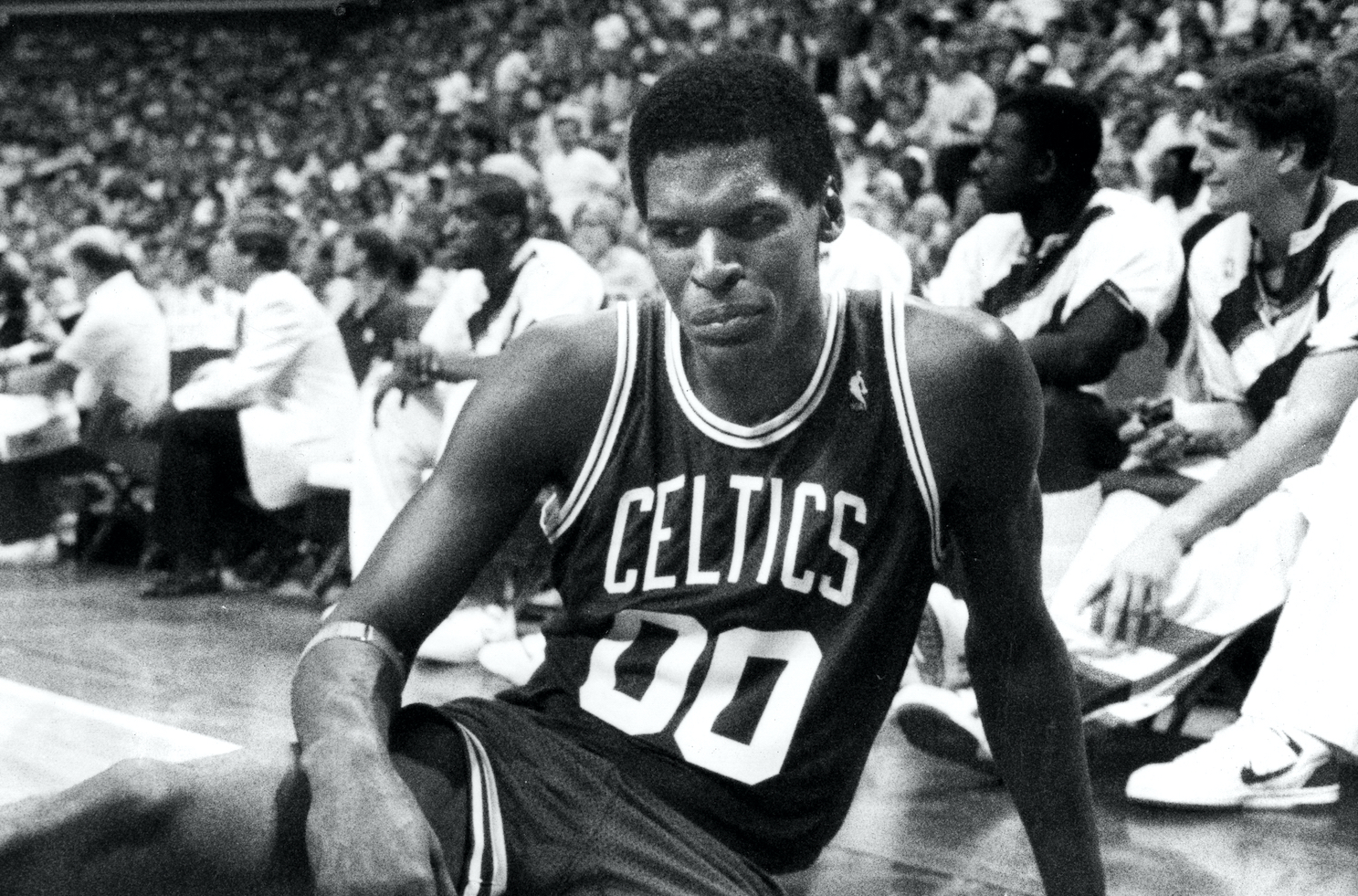
Sometimes, the impact of role players can be overrated by their role in a historic dynasty. Parish may have been a part of some famous Celtics teams, but he wasn’t simply along for the ride.
While he made a name for himself in Boston, the big man cut his teeth at Centenary College and joined a struggling Golden State Warriors team as the eighth overall pick of the 1976 NBA Draft. After a few years in the Bay Area, though, salvation came in the form of a trade. In June 1980, Parish crossed the country and became a Celtic.
The Chief arrived in Boston at exactly the right time. Larry Bird was hitting his stride, and Kevin McHale would join the team during that summer’s draft. Together, those three men formed the building blocks of a dynasty.
During his 14 seasons with the Celtics, Parish averaged 16.5 points, 10.0 rebounds, and 2.2 blocks and claimed three NBA titles. He’d eventually earn another ring with the Chicago Bulls and, after retirement, claimed his rightful place in the Basketball Hall of Fame.
The Chief wore No. 00 because of a lack of junior high school talent
These days, Parish’s No. 00 hangs from the rafters of TD Garden. During the big man’s earliest days on the court, though, his number suggested that he wouldn’t amount to much.
As Bill Walton recounted on ESPN.com, a young Parish didn’t really care for basketball and skipped practice whenever he could. It was during those lackluster junior high school days that he picked up his iconic jersey number. “On the day they passed out the uniforms in junior high school, it was the only jersey left,” Walton wrote.
For his part, Parish recounted the story during an appearance on the In the Post with Elvin Hayes podcast.
“My junior high school team gave out jersey numbers to the players [based on] the scale of talent,” The Chief explained. “The best players got their jerseys first. And then, the players that wasn’t as good as the starting five, that’s who got the remaining jerseys. And being that I was the worst player on the team at the time, 00 was the last jersey. So that’s how I got the number 00 … and the number just stuck with me.”
Robert Parish wasn’t the only NBA star to rock number 0
While it may have initially carried a less-than-ideal connotation, Robert Parish embraced No. 00 and made it part of his identity. Since then, some big-name NBA talents have followed suit.
In a similar vein to Parish being the worst player on the team, Gilbert Arenas claimed No. 0, representing the number of NCAA minutes that experts predicted he’d play when he enrolled at Arizona. He, in turn, became a star and adopted the “Agent Zero” persona. His success then inspired Jayson Tatum to don the same number when Duke told him that he couldn’t sport No. 22.
Although he’s since changed to No. 4, Russell Westbrook also wore No. 0 through college and the majority of his NBA career. According to an official Air Jordan explanation, the former is his favorite number, but the latter represented a fresh start in the college and professional ranks.
If you believe the old cliche, clothes make the man. For the likes of Parish and his peers, though, their success helped make zero something more than the mark of an ineffective athlete.
Stats courtesy of Basketball-Reference
